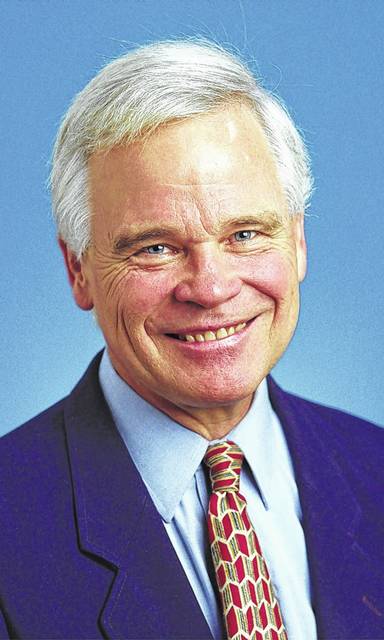Two recent books have pushed North Carolinians to deal with unpleasant episodes in our state’s history.
In “The Wilmington Ten: Violence, Injustice, and the Rise of Black Politics in the 1970s,” author Kenneth Janken asserts, “The case of the Wilmington Ten amounts to one of the most egregious instances of injustice and political repression from the post-World War II black freedom struggle. It took legions of people working over the course of the 1970s to right the wrong.”
Journalist Cash Michaels writes that Janken’s book describes what is “arguably North Carolina’s most notorious case of criminal frame-up,” and he says it “sheds further light not only on why state prosecutors worked so hard to falsely convict the Wilmington Ten, but how a black nationalist-inspired worldwide social justice movement emerged to demand their freedom.”
In 1971, racial demonstrations in Wilmington resulted in violence and arson. Through perjured testimony coached by the prosecution, 10 activists were convicted and sentenced to long prison terms. Efforts to overturn the convictions and secure their release brought widespread negative attention to North Carolina, much like what happened in the recent HB2 controversy. Janken’s detailed narrative of the 40 years of these efforts shows why the saga of the Wilmington Ten left a deep and abiding scar on Wilmington and North Carolina.
Arson plays a role in another story that leaves a scar on North Carolina’s history. It is told in “Bad Girls at Samarcand: Sexuality and Sterilization in a Southern Juvenile Reformatory,” by East Carolina University’s Karin Zipf.
In 1931, at a reform school for girls in Moore County, some inmates set fires that destroyed two residential buildings. The girls were charged with arson, then a death penalty crime, and put on trial for their lives.
The institution known as Samarcand was founded in 1917 to provide for the betterment of young women in troubled circumstances. But these high ideals tumbled under the governing attitudes of racism, sexism, and misguided religious and scientific ideas. For instance, between 1933 and 1947, 293 women were sterilized there.
Zipf’s account of such disturbing activities is balanced by descriptions of the well-meaning and sometimes successful efforts to prepare young people to return to society. Those efforts ended in 2011 when Samarcand Youth Development Center closed.
As your reward for reading about the serious matters above, one of North Carolina’s favorite food writers has written about one of our favorite foods. In “Bacon: A Savor the South Cookbook,” Fred Thompson tells many wonderful ways bacon can bring happiness to your table. Although he appreciates ordinary store-bought bacon, he asserts that paying more money for very good bacon is an excellent culinary investment. He encourages us to make our own bacon, starting with pork belly from a local butcher. His short book of memories and recipes gives good ideas about how to end the summer with delicious feasts. Think of combining summer’s last fresh ripe tomatoes with homemade, pork-bellied bacon on white bread with lots of mayonnaise.
In “Home to Cedar Branch,” Brenda Bevan Remmes takes readers back to the eastern North Carolina Quaker community where she set her first novel, “The Quaker Café.” In the new book, a popular school employee is caught in a compromising situation with her doctor as three young boys watch through a skylight and come crashing into the scene. When her husband learns of the affair, he kills the doctor. She loses her job and retreats to the small town where she grew up and tries to make a new start. Remmes’s thriller is enhanced by the interplay of evil criminals and Quaker culture.
These books will be featured on UNC-TV’s North Carolina Bookwatch in the concluding episodes of the current season. A new season begins in early October.
D.G. Martin hosts “North Carolina Bookwatch,” which airs Sundays at noon and Thursdays at 5 p.m. on UNC-TV.

